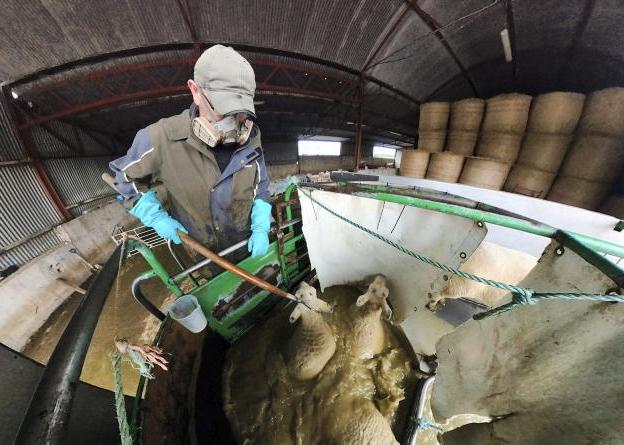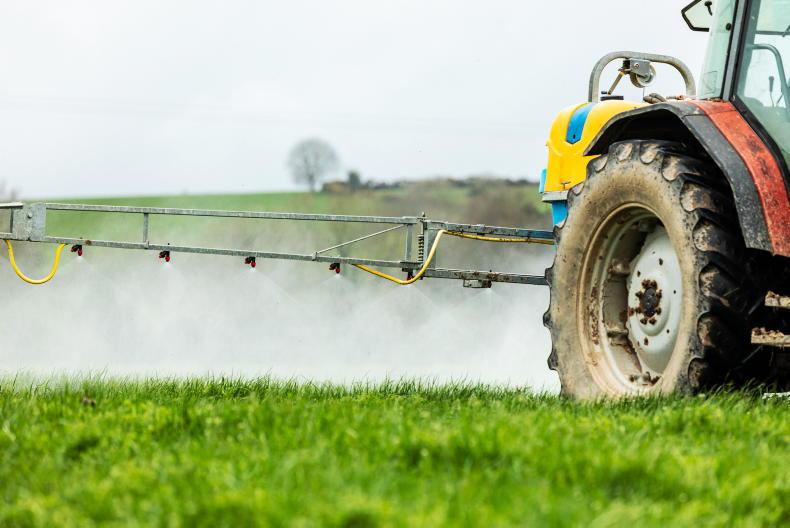The National Bioeconomy Campus, under development at the site of the former Lisheen mine near Thurles, Co Tipperary, will bring together facilities exploring new ways of exploiting agri food and other bio-based products, including projects by Glanbia and Commercial Mushroom Producers (CMP).
The project is conducted by the Bioeconomy Foundation, which brings together Limerick IT, Trinity College, UCD, Glanbia, CMP, Tipperary County Council and Bord na Móna. The foundation's chief executive, Brian Kelly, said that the campus is planed to generate 700 new jobs in the next five years at its own facility, currently being redeveloped from an existing building on the site, and those of partners.
Chemical applications
The foundation received Enterprise Ireland funding last December for the project. "It will have offices for new companies and a range of general-purpose reactors for fermentation, filtration, drying, etc.," Kelly told the Composting and Anaerobic Digestion conference this week. Businesses developing new chemical applications from plants and animals will have access to the facility to bring their idea to the market, he added.
Glanbia is also locating its AgriChemWhey project on the Lisheen campus. The biorefinery will convert the by-products left after the production of whey protein from milk into new added-value products, such as lactic acids, minerals and fertilisers. Glanbia and its partners have received €22m in EU funding for this project, starting this year.
CMP, meanwhile, has obtained planning permission to locate a mushroom substrate facility at Lisheen.
The campus develops as the Government published its national bioeconomy policy this week.
Read more about the policy in next week's Irish Farmers Journal.
Read more
Role of forestry in the bioeconomy assessed
Biochemicals hope for beet sector
The National Bioeconomy Campus, under development at the site of the former Lisheen mine near Thurles, Co Tipperary, will bring together facilities exploring new ways of exploiting agri food and other bio-based products, including projects by Glanbia and Commercial Mushroom Producers (CMP).
The project is conducted by the Bioeconomy Foundation, which brings together Limerick IT, Trinity College, UCD, Glanbia, CMP, Tipperary County Council and Bord na Móna. The foundation's chief executive, Brian Kelly, said that the campus is planed to generate 700 new jobs in the next five years at its own facility, currently being redeveloped from an existing building on the site, and those of partners.
Chemical applications
The foundation received Enterprise Ireland funding last December for the project. "It will have offices for new companies and a range of general-purpose reactors for fermentation, filtration, drying, etc.," Kelly told the Composting and Anaerobic Digestion conference this week. Businesses developing new chemical applications from plants and animals will have access to the facility to bring their idea to the market, he added.
Glanbia is also locating its AgriChemWhey project on the Lisheen campus. The biorefinery will convert the by-products left after the production of whey protein from milk into new added-value products, such as lactic acids, minerals and fertilisers. Glanbia and its partners have received €22m in EU funding for this project, starting this year.
CMP, meanwhile, has obtained planning permission to locate a mushroom substrate facility at Lisheen.
The campus develops as the Government published its national bioeconomy policy this week.
Read more about the policy in next week's Irish Farmers Journal.
Read more
Role of forestry in the bioeconomy assessed
Biochemicals hope for beet sector








SHARING OPTIONS